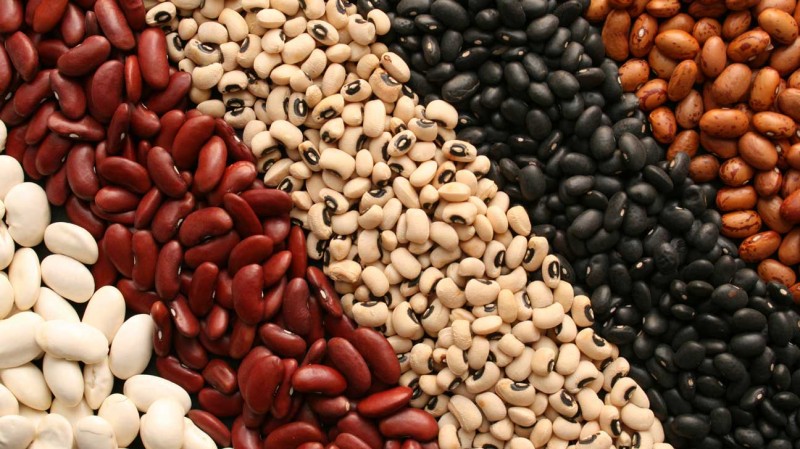
Bloating is a common and uncomfortable condition that many of us have experienced at some point. While fruits are generally considered healthy and beneficial for our bodies, some can cause bloating. In this article, we delve into four fruits that can lead to bloating, according to experts.
Bloating is the sensation of having a full, swollen belly. It can be caused by various factors including diet, digestive issues, and even stress.
Bloating occurs when the gastrointestinal tract is filled with air or gas. This can happen due to swallowing air, digestion of certain foods, or bacterial fermentation in the intestines.
Apples are high in fiber, which is generally good for digestion. However, too much fiber can lead to gas and bloating, especially for those who are not used to a high-fiber diet.
Apples contain fructose, a type of sugar that can be difficult to digest for some people, leading to bloating and discomfort.
Experts suggest eating apples in moderation and considering cooking them to make them easier to digest.
Similar to apples, pears are also high in fiber. This can lead to bloating, especially if consumed in large quantities or if you have a sensitive digestive system.
Pears contain sorbitol, a sugar alcohol that can cause gas and bloating as it is slowly absorbed in the intestines.
Eating smaller portions of pears and drinking plenty of water can help reduce the risk of bloating.
While watermelon is refreshing, its high water content can sometimes lead to bloating. Consuming large amounts quickly can cause the stomach to feel heavy and bloated.
Watermelon is high in fructose, which can be problematic for those with fructose intolerance, leading to bloating and gas.
Experts recommend eating watermelon in moderation and paying attention to how your body reacts to it.
Mangoes are delicious but high in sugar, which can ferment in the intestines and produce gas, causing bloating.
The fiber in mangoes, while beneficial, can also contribute to bloating, especially if your body is not used to a high-fiber diet.
Consume mangoes in smaller portions and combine them with other foods to minimize bloating.
Eating smaller portions of these fruits can help manage and prevent bloating.
Gradually increasing your fiber intake can help your digestive system adjust and reduce bloating.
Drinking plenty of water can help move fiber through your digestive system and reduce bloating.
Cooking fruits can break down some of the fibers and sugars, making them easier to digest and less likely to cause bloating.
Pay attention to how your body reacts to different fruits and adjust your diet accordingly.
Berries like strawberries, blueberries, and raspberries are lower in fiber and fructose, making them less likely to cause bloating.
Oranges, grapefruits, and other citrus fruits are usually well-tolerated and less likely to cause bloating.
Bananas are generally easy to digest and can actually help with bloating due to their potassium content, which helps regulate fluid balance.
Chewing food thoroughly can help break it down and make it easier for your digestive system to handle, reducing the risk of bloating.
Carbonated drinks can introduce extra gas into your digestive system, leading to bloating.
Regular physical activity can help keep your digestive system moving and reduce the likelihood of bloating.
Eating slowly and mindfully can help prevent swallowing excess air and overeating, both of which can cause bloating.
If bloating persists despite dietary changes, it may be a sign of an underlying medical condition.
Severe abdominal discomfort, along with bloating, should be evaluated by a healthcare professional.
If bloating is accompanied by symptoms like weight loss, diarrhea, or vomiting, seek medical advice. While fruits are an essential part of a healthy diet, it's important to be aware of those that can cause bloating. By understanding how different fruits affect your body and making mindful choices, you can enjoy the benefits of fruit without the discomfort of bloating.
How Does Zinc Deficiency Cause Hair Loss? Magical Tips to Increase Zinc in Your Body
Snoring Disturbs Your Partner? Here’s How to Ensure a Peaceful Night's Sleep
How to Naturally increase Dopamine, your Feel-good hormone? 10 Tips